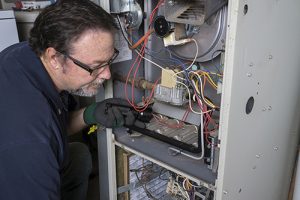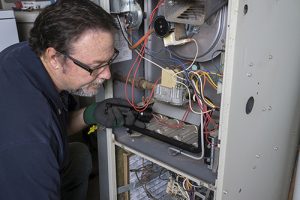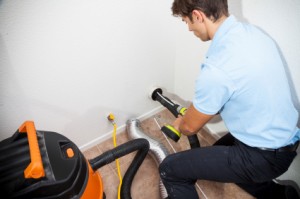
Old homes are charming and filled with character, but they often come with electrical issues that need to be addressed. If you live in an older home in the Los Angeles area, you may have experienced some of these common electrical issues. In this article, we’ll discuss these issues and how to fix them.
- Outdated Wiring: Many older homes in Los Angeles still have knob-and-tube wiring, which is not only outdated but also a potential fire hazard. Over time, this type of wiring can become brittle and fail to provide adequate power to modern appliances and electronics. To fix this issue, The Electric Connection can upgrade your home’s wiring to a safer and more efficient system.
- Faulty Electrical Panels: The electrical panel is the hub of your home’s electrical system, and if it’s outdated or faulty, it can cause a variety of issues. Common signs of a faulty electrical panel include flickering lights, tripping breakers, and frequent power outages. The Electric Connection can inspect your electrical panel and determine if a panel upgrade is necessary to prevent potential safety hazards.
- Overloaded Circuits: Overloading circuits is a common issue in older homes, especially if you’re using too many electronics or appliances at once. This can cause your circuit breaker to trip frequently or your lights to flicker. The Electric Connection can install additional circuits to prevent overloading and ensure your electrical system is working efficiently.
- Outdated Outlets: Old homes often have outdated electrical outlets that are not grounded or have a two-prong configuration. This can cause safety hazards and prevent you from using modern electronics and appliances. The Electric Connection can upgrade your outlets to ensure they are up to code and provide a safe and reliable source of power.
- Faulty Switches: If your light switches are faulty or not functioning properly, it can be frustrating and potentially hazardous. Faulty switches can also be a sign of a larger electrical issue. The Electric Connection can inspect your switches and replace them if necessary to ensure your home is safe and functioning properly.
In conclusion, if you’re experiencing any of these common electrical issues in your old home, it’s important to take action to address them. The Electric Connection has the experience and expertise to handle any electrical issue in your home, from a simple outlet upgrade to a complete rewiring. Don’t hesitate to reach out for help and ensure the safety and efficiency of your home’s electrical system.
In addition to addressing these common issues, The Electric Connection can also perform regular electrical maintenance to ensure your system is running efficiently and to identify potential safety hazards before they become bigger problems. By having a trusted electrician on call, you can have peace of mind knowing your home is safe and functioning properly.
In conclusion, if you’re experiencing any electrical issues in your old home in the Los Angeles area, don’t hesitate to contact The Electric Connection for help. With their expertise and experience, they can address any issue and ensure the safety and efficiency of your home’s electrical system.






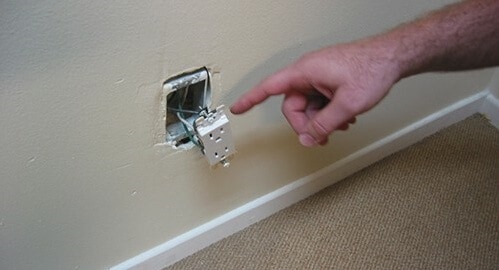
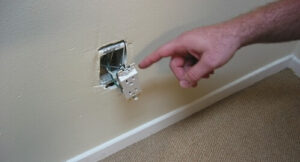
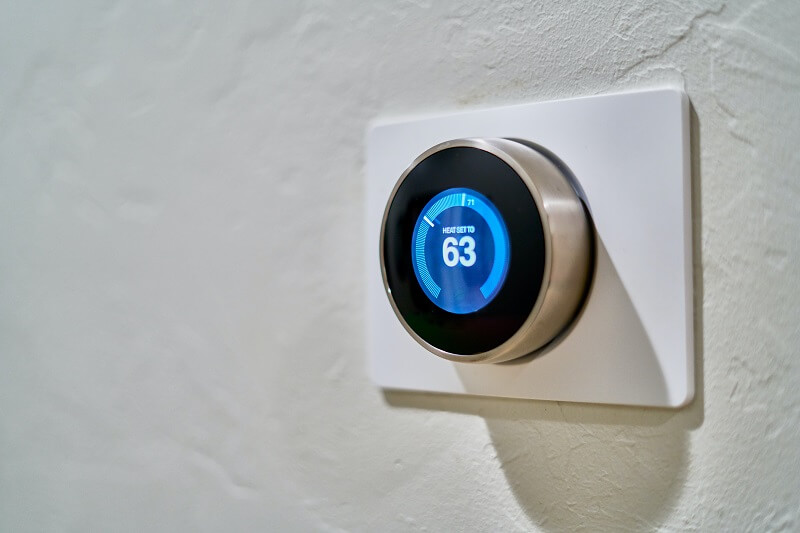
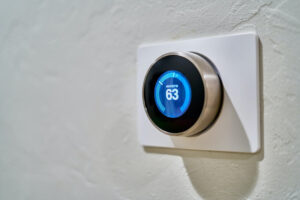 Electrical problems are too much of a risk to leave unattended. If you’re reading this, you’re probably wondering why your lights flicker when you turn on the AC. It’s important to know that your AC needs a high amount of electricity to power up initially. Turning it up will eventually lead to it draining energy from other appliances already turned on, like your lights. This is what causes them to flicker. Subsequently, your lights would also dim and lose about 5% of their initial brightness. This is a normal occurrence if you have a modern AC unit or you live in an older home, then you may have nothing to worry about.
Electrical problems are too much of a risk to leave unattended. If you’re reading this, you’re probably wondering why your lights flicker when you turn on the AC. It’s important to know that your AC needs a high amount of electricity to power up initially. Turning it up will eventually lead to it draining energy from other appliances already turned on, like your lights. This is what causes them to flicker. Subsequently, your lights would also dim and lose about 5% of their initial brightness. This is a normal occurrence if you have a modern AC unit or you live in an older home, then you may have nothing to worry about.
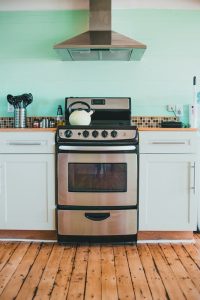 Are you bothered about how much electricity your stove is using? Do you wonder what appliances use the most electricity as your electric bill comes in? Are you looking for the advantages and benefits of using an electric stove instead of a gas cooker?
Are you bothered about how much electricity your stove is using? Do you wonder what appliances use the most electricity as your electric bill comes in? Are you looking for the advantages and benefits of using an electric stove instead of a gas cooker?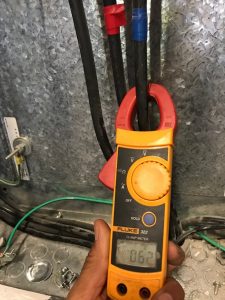 Troubleshooting your electrical problems can be tough or easy depending on the nature of the problem or how much of an expert you are.
Troubleshooting your electrical problems can be tough or easy depending on the nature of the problem or how much of an expert you are. The electrical system of a building is important to its function and efficiency. But with so much use to bear and the factors involved with getting a solid electrical system, electrical issues and questions often occur. Not every electrical issue or question comes at a financial cost. You can get free electrical advice that directly answers your immediate minor need.
The electrical system of a building is important to its function and efficiency. But with so much use to bear and the factors involved with getting a solid electrical system, electrical issues and questions often occur. Not every electrical issue or question comes at a financial cost. You can get free electrical advice that directly answers your immediate minor need.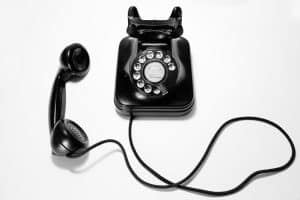 Electrical problems are sometimes difficult to avoid in a home and they can be caused by a lot of factors. For example, some electrical components may develop a certain fault, some parts may get old, or be installed incorrectly in the first place. Home accidents can also cause electrical problems. It goes on and on.
Electrical problems are sometimes difficult to avoid in a home and they can be caused by a lot of factors. For example, some electrical components may develop a certain fault, some parts may get old, or be installed incorrectly in the first place. Home accidents can also cause electrical problems. It goes on and on.